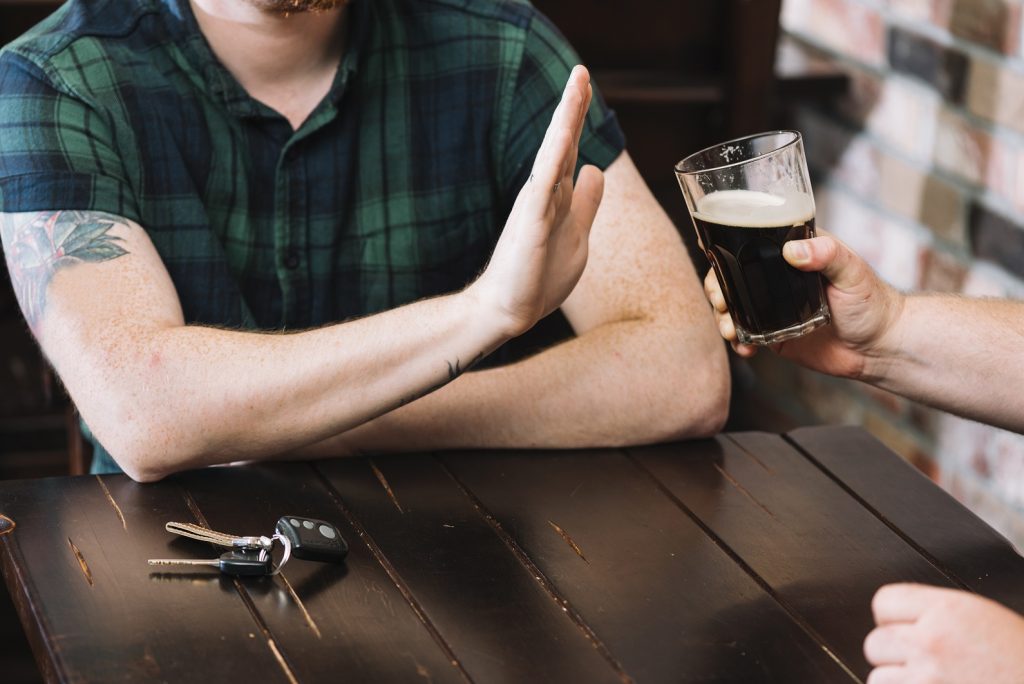Alcoholism in adolescents is a serious problem that affects many people around the world, including Spain. Alcohol consumption in adolescents can have serious consequences on their physical and mental health, as well as their personal and social development.
Alcohol consumption in adolescence increases the chances of developing abusive consumption or dependence on alcoholic beverages in adulthood.
In Spain, alcohol consumption in adolescents is a problem that worries authorities and society in general. According to recent studies, around 73% of Spanish young people between 14 and 18 years old have consumed alcohol on some occasion, and 45% have done so in the last month. Furthermore, it is estimated that 12% of Spanish adolescents are regular alcohol consumers.
What effects does alcohol consumption have on adolescents?
Alcohol consumption in adolescents can have negative effects on their physical and mental health, as well as their behavior. Alcohol can affect brain development, especially in younger people, as the brain is still developing. Alcohol consumption can cause brain damage, affecting memory, learning and decision making. Additionally, alcohol consumption can cause nervous system problems, such as dizziness and lack of coordination.
Alcohol consumption in adolescents can also have consequences on their behavior. Teens who drink alcohol are more likely to have problems at school, miss classes, have behavioral problems, and have traffic accidents. Additionally, alcohol can affect adolescents' mental health, increasing the risk of depression and anxiety.

What is the most common consumption pattern in adolescents?
The most common pattern of alcohol consumption among adolescents is “binge drinking”. Consuming alcohol “binge” produces poisoning and can cause alcohol tolerance. Scientific research being carried out suggests that this pattern of consumption could trigger irreversible brain alterations, especially in the case of adolescents.
How is problematic alcohol consumption detected?
Detecting problematic alcohol use in a teenager can be difficult, but there are signs that may indicate that there is a problem. Some of these signs include changes in behavior, such as increased irritability, mood swings, and trouble sleeping. There may also be changes in school performance, such as a drop in grades or a lack of interest in school. Other signs may include physical health problems, such as headaches, nausea, and vomiting.
What to do when we detect that there is a problem?
If you detect an alcohol consumption problem in a teenager, it is important to seek help. There are several resources available in Spain to help teenagers who have problems with alcohol. Some of these resources include addiction treatment centers, support groups, and therapists who specialize in addiction problems.
If you are passionate about helping minors in difficult situations, the Postgraduate Degree in Intervention with Minors at the International School of Mediation is the perfect path for you. This program provides you with specialized and complete training in the field of intervention with minors, providing you with the necessary skills to understand and address their emotional, social and educational needs. With a practical approach based on real cases, you will learn acting techniques and psychosocial support, which will allow you to make a difference in the lives of young people. Take the first step towards a rewarding and meaningful career!
Learn more about how to prevent alcoholism in adolescents through our specific training in Intervention with Minors.




